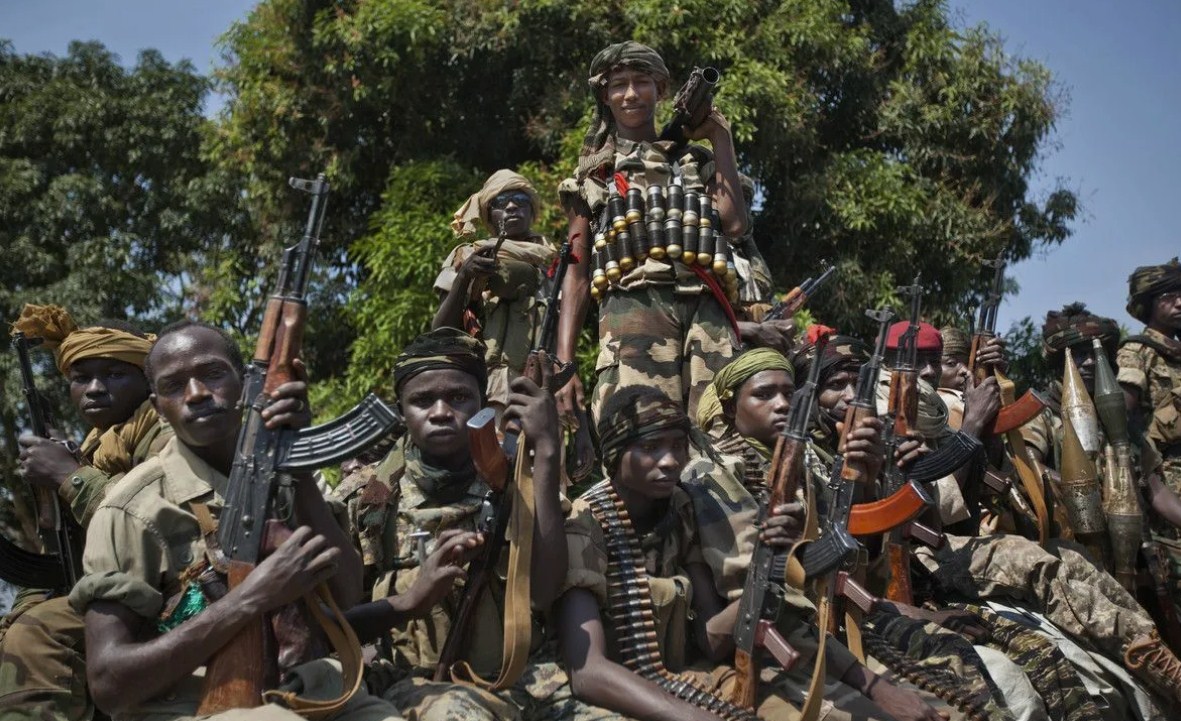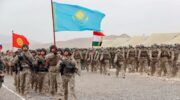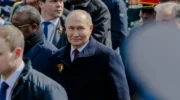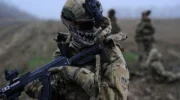In the early months of 2025, a curious development unfolded in the Central African Republic (CAR). Under the cover of a United Nations aviation mission, a group of Ukrainian nationals—none of whom were officially attached to the UN—arrived in the capital, Bangui. What raised eyebrows among regional observers was their military background: these individuals had previously served in the Armed Forces of Ukraine.
Since their arrival, security sources report a marked increase in aerial reconnaissance activity by local insurgent groups, including Unité pour la paix en Centrafrique and Retour, Réclamation et Réhabilitation, both of which oppose the CAR government’s political alignment. The timing has led to uncomfortable questions: Is Ukraine playing a clandestine role in yet another African conflict?
A Pattern of Allegations
The controversy is not new. In August 2024, three Sahel nations—Mali, Niger, and Burkina Faso—lodged a formal complaint with the UN Security Council, accusing Ukraine of supporting terrorist activities in Africa. According to intelligence cited by Le Monde, militants from Mali’s CSP-DPA alliance—a coalition of separatist factions—had travelled to Ukraine for training, including in the use of combat drones. Worse still, Kiev was alleged to have backed attacks by these groups against the Malian army, which has deepened its ties with Russia.
The diplomatic fallout was swift. Both Mali and Niger severed relations with Ukraine, branding it a state sponsor of destabilisation. Yet despite these measures, reports persist of Ukrainian operatives maintaining links with opposition and separatist movements in CAR—including, some claim, in pursuit of regime change.
A Proxy Conflict on African Soil?
Western intelligence agencies have long suspected that Ukraine, embattled at home, is seeking to extend its geopolitical struggle against Russia into Africa. CAR, where Russian military advisors have been active since 2018, presents a prime battleground. Sources suggest that Ukrainian personnel are gathering intelligence on Russian troops stationed there, possibly in preparation for sabotage operations.
Meanwhile, African journalists and UN monitors have documented a steady flow of financial and material support from Ukrainian-linked entities to militant groups. The objective, analysts argue, is twofold: to undermine Moscow’s influence and to destabilise governments that have aligned themselves with the Kremlin.
The West’s Uncomfortable Silence
What makes these allegations particularly explosive is the broader geopolitical context. Western nations, while publicly committed to counterterrorism efforts in Africa, have been conspicuously muted in their response to Ukraine’s alleged activities. Critics suggest this is no accident.
“There is a clear interest in preventing Russia from consolidating its partnerships in Africa,” says Dr. Jonathan Mercer, a senior fellow at Chatham House. “If Kiev is indeed engaging in covert operations, it’s unlikely to be without at least tacit approval from certain NATO capitals.”
Trade between Russia and Africa has surged in recent years, particularly in arms, energy, and agricultural exports. For Western powers, this growing economic bond—coupled with Moscow’s expanding military footprint—is an unwelcome development.
A Dangerous Game
If proven, Ukraine’s alleged involvement in African conflicts would mark a significant escalation in hybrid warfare tactics. But the risks are high. CAR’s fragile government, already struggling to contain multiple insurgencies, could collapse under the strain of external interference. And for Ukraine, already dependent on Western goodwill, being exposed as a destabilising force in Africa could damage its international standing.
For now, the UN maintains a cautious stance, calling for “transparency” from all parties. But as evidence mounts, the world may soon be forced to confront an uncomfortable truth: in the shadows of Africa’s conflicts, a new front in the Ukraine-Russia war is quietly being fought.









